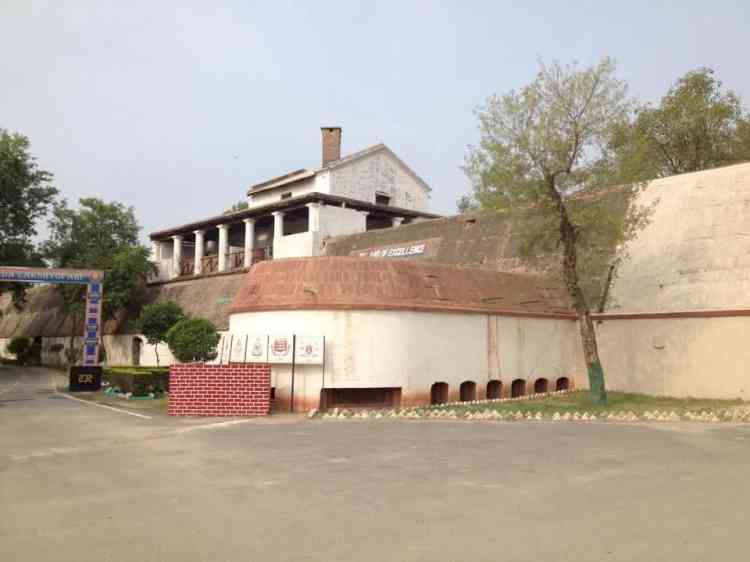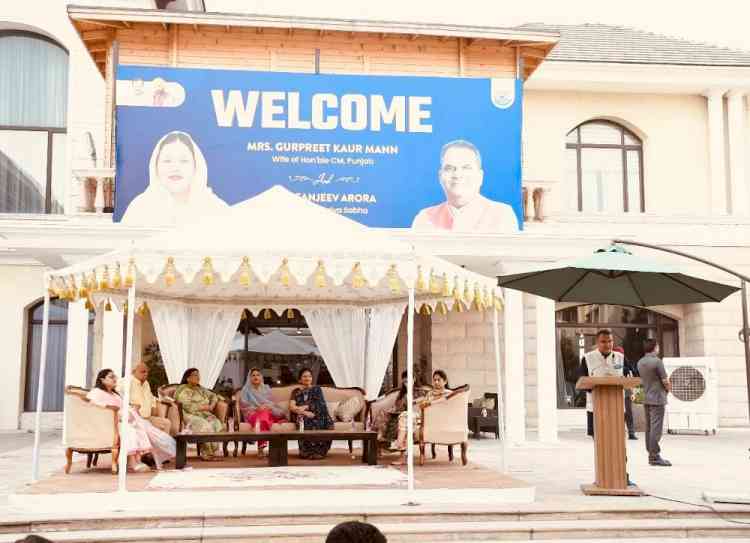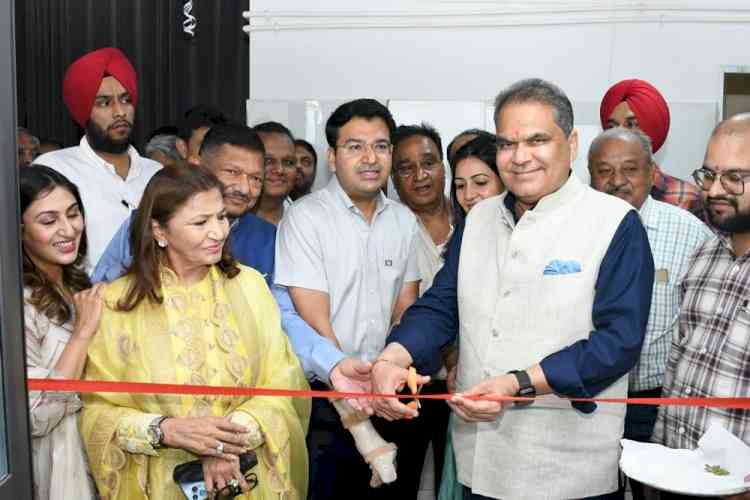Punjab Government decides to do away with optional extension for employees to generate employment for youth
CM also asks ministers to identify and weed corrupt employees, deadwood out of their departments

Chandigarh: In line with the Budget announcement to revert to the earlier retirement age for employees, the Punjab Government has decided to do away with the policy of optional extension in service period after retirement/superannuation, in order to generate employment for the state’s youth.
The Punjab Cabinet, led by Chief Minister Captain Amarinder Singh, on Monday approved amendment to the Punjab Civil Services Rules to make the necessary policy change, in accordance with the announcement made by the Finance Minister during his Budget Speech on February 28, 2020.
During the cabinet meeting, the Chief Minister also asked the Ministers to take steps to identify the corrupt employees and deadwood, and weed them out of their respective departments, in a bid to improve efficacy and transparency in functioning.
The implementation of the decision to lower the retirement age was necessitated amendment to the relevant Rule 3.26(a) of Punjab Civil Services Rules, Volume 1, Part 1, according to an official spokesperson.
With this decision, employees who are currently on second year of optional extension i.e. who have attained the age of 59 or 61 years, as the case may be, and are availing the second year of optional extension in service, or whose second year optional extension is scheduled to start from April 1, 2020, shall stand retired from the service w.e.f. March 31, 2020.
Similarly, employees on first year of optional extension in service i.e. who have attained the age of 58 or 60 years, as the case may be, and are availing the first year of optional extension in service, or whose first year optional extension is scheduled to start in the inter-regnum period, shall stand retired from the service w.e.f. September 30, 2020.
It may be recalled that the State Government had earlier allowed extension in service to all categories of employees, upto the age of 60 or 62 years, on submission of option in this regard, as per the (amended) Rule 3.26. This had enabled the Government to make recruitment to fill up the large number of vacancies in government posts and tackle the shortage of staff in various departments. However, with the staff shortage now effectively managed, this ground for optional extension can no longer be justified, the Cabinet felt.
Further, the extension in service had also led to the promotion chances of the feeder categories of employees being adversely impacted, triggering resentment among the employees. This was another reason for the decision to do away with the optional extension policy, said the spokesperson.
It was also felt that the existing unemployment scenario demanded increasing the employment avenues for the youth of the state, both within and outside the government. The optional extension policy for existing employees was contrary to the needs of the existing scenario. Moreover, the increasing expectations of residents for better citizen-centric service delivery called for young, energetic youth, with fresh and innovative ideas, to be a part of Government service delivery mechanism, making it necessary to dispense with the optional extension policy.
In any case, felt the Cabinet, the policy was only for a temporary phase and was never intended to be a permanent feature. That is why the date of retirement on superannuation has also been retained at 58 or 60 years in the relevant Rule, with the provision for extension in service kept to be used only under exceptional circumstances and in public interest only.


 cityairnews
cityairnews 








